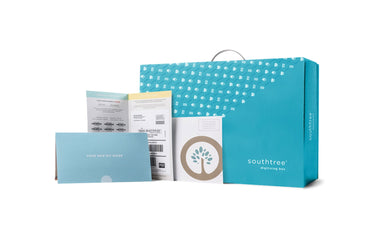Everyone knows that cooking meals at home is healthier than going out. In a sea of fried foods, refined carbs, and hydrogenated oils, cooking at home puts you in control of the things you ingest. You can usually count the ingredients on just your fingers, and portion control is much more reasonable than if you go to McDonalds or Burger King.
Along with home-cooked meals being tastier than their fast food counterparts, there’s also another benefit to preparing your own food that you might not have considered before: cooking and preparing your meals at home is actually good for your brain! It turns out that while you’re saving your body the devastating effects that fast food can wreak upon it by cooking at home, you’re also helping nourish healthy brain function. It’s truly a win-win!
What’s Actually Going On
If you’re an inexperienced cook, you’ve probably become overwhelmed at the idea of cooking for yourself. Reading recipes, following directions, and juggling multiple things at once can seem like a chore. Heck, even veteran cookers can get stressed out thinking about some meals (I swear one day I’ll figure out how to prepare a respectable lasagna). The truth is that the same things that can make cooking seem overwhelming are the same things that make it such an awesome brain exercise.
A bunch of things are going on simultaneously while you’re cooking. You might have to balance boiling water for spaghetti noodles while you’re browning meat for a delicious sauce. When you’re doing that, you’re actually taking advantage of your brain’s ability to multitask, manage processes, and create better temporal awareness. Writing grocery lists helps with memorization, and thinking about different eating preferences helps you consider compromises and empathy.
Another thing that cooking for yourself helps promote is creativity. An underrated aspect of managing the kitchen is being able to roll with the punches and deal with new things as they pop up. Does your recipe call for onions, but you hate onions? Maybe you can substitute them for garlic instead. Does your kid hate broccoli, but he or she loves peas? Maybe instead of a casserole, you can make a tasty pot pie! Even though those dishes seem different, the ingredients and cooking processes are pretty similar, and by making one instead of the other, you’ll make everyone a little happier. You can learn to connect dots between dishes and ingredients, and you’ll even learn how to create new meals of your own. All of those things come from experience, experimentation, and taking advantage of your creativity.
A Positive Feedback Loop
Getting better acquainted with your kitchen is a skill that never stops giving back. It can introduce you to new foods that you never thought you would eat, new recipes that you never thought you would try, and it also might get you more friends! Once you’ve learned to master a couple of meals, it’ll basically be impossible for you to keep it to yourself, which have you planning all sorts of dinner parties and special get-togethers.
If you want to improve your health, there are few things you can do that are more beneficial than learning how to cook. The great part is that you can make cooking as complicated or simple as you want. It’s totally up to you! If you don’t know where to start, see if there are cooking classes in your local area. You can even start with super simple dishes like Spanish rice, mac n’ cheese, or a chicken Caesar salad.
From socialization to healthier meals, learning to cook is a valuable skill that does more than just help your waistline. It actually helps keep your knives sharp and your mind sharper.













